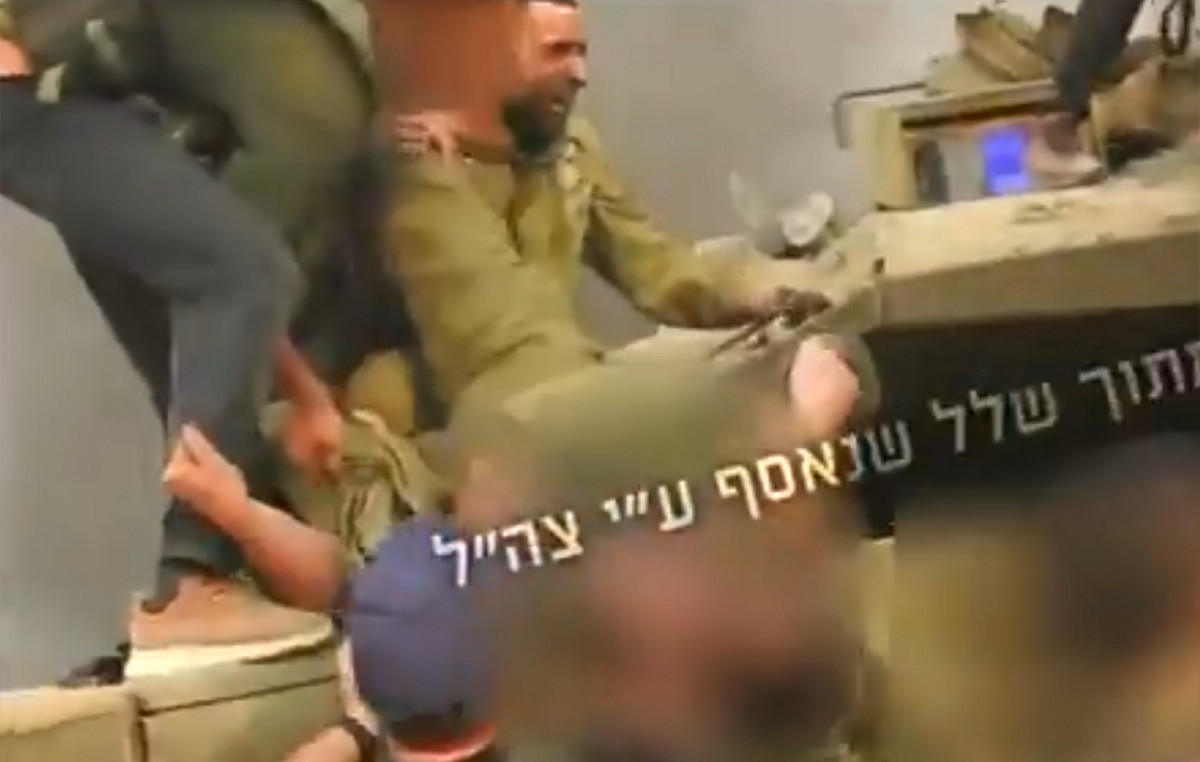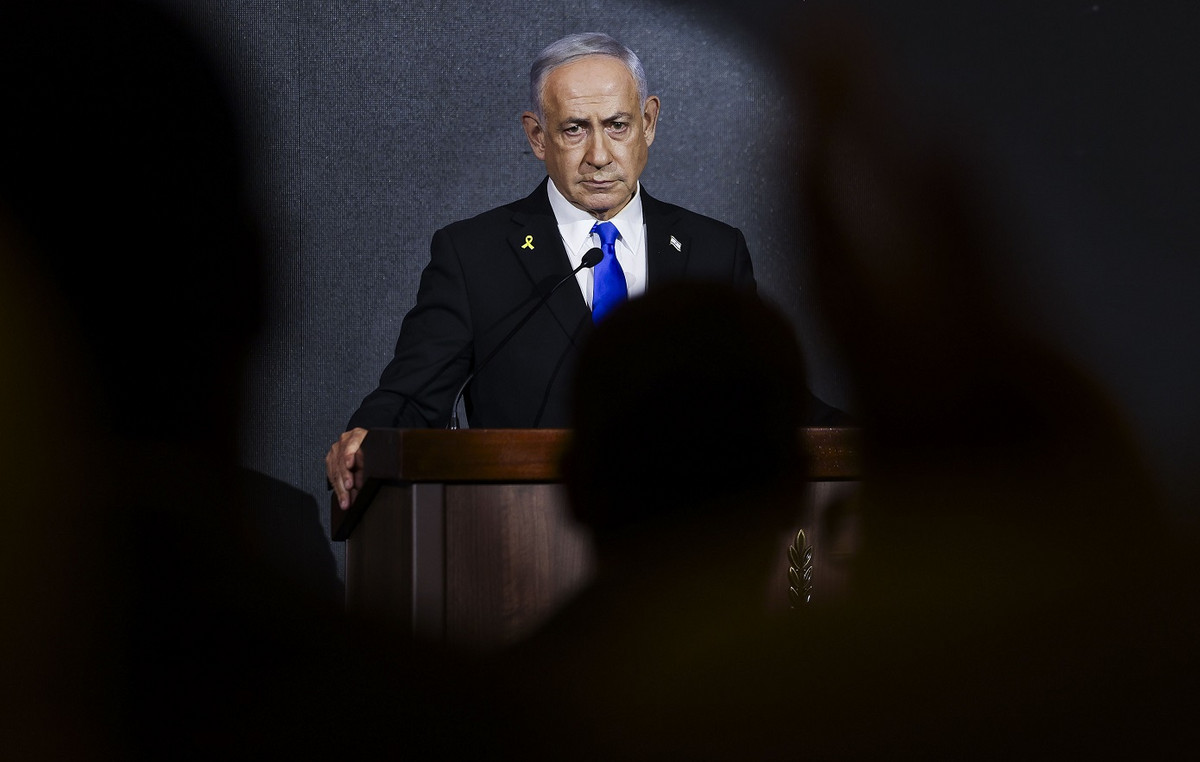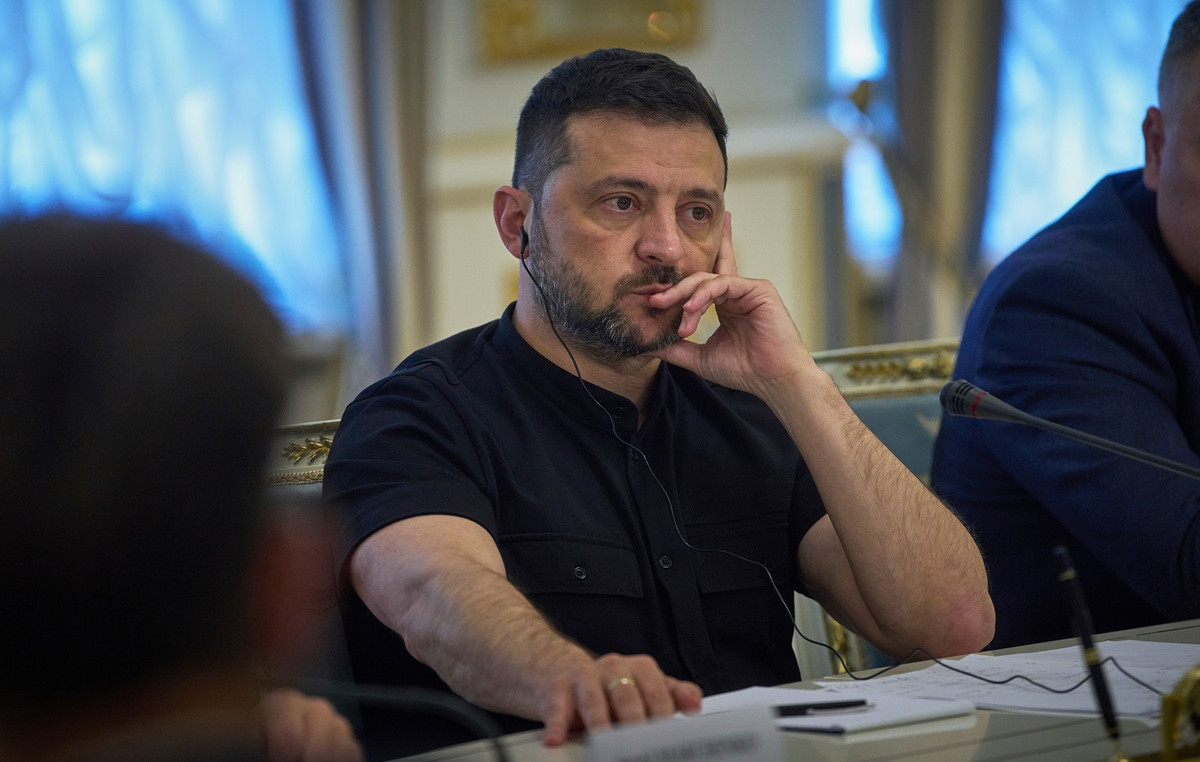The conflicts in Ukraine and Israel put the United Nations (UN) in the spotlight, especially the Security Council, which failed to approve resolutions for the two battles.
The UN’s objective is to maintain international peace and security, as well as provide humanitarian assistance and guarantee human rights, according to its Charter.
However, 75 years after its creation and in an extremely modified geopolitical environment, diplomats point to some gaps in its structure, as experts interviewed by the CNN .
What can the UN do in conflicts?
The UN can act in some ways in the face of armed conflicts, but cannot impose a halt to wars.
Christopher Mendonça, professor of International Relations at Ibmec Belo Horizonte, recalls that the UN can:
- monitor possible war crimes,
- observe compliance with human rights,
- provide food and other essential items to civilian victims of the conflict
- can be a mediator to create mechanisms for a diplomatic resolution between the parties involved, providing a space for debate between nations
However, without the consensus of the permanent members of the Security Council, the UN’s reach is limited in resolving battles, as explained by Leandro Consentino, specialist in International Relations and professor of Political Science at Insper.
It can work much harder to prevent these conflicts from breaking out, especially thinking about the dialogue it encourages, than actually doing anything after it breaks out.
Leandro Consentino
But the professor remembers that, “in an international system of sovereign countries, each country has its sovereignty”. “So, it is not up to anyone, not even an international organization, to determine what a country should or should not do.”
Forwarding
Priscila Caneparo, professor at the Federal University of Paraná and PhD in International Law, also says that the United Nations can also:
- recommend referring a dispute to the International Court of Justice, if countries recognize the jurisdiction of that body.
- through the UN General Assembly, call for the cessation of wars
But she emphasizes that all resolutions approved by the body are recommendations, not “ordering” the States.
This was seen in the Ukraine war, for example, when the General Assembly passed two resolutions against the conflict, but which did not end hostilities.
But the main UN body with competence to deal with international peace and security is the Security Council.
He can:
- impose sanctions or recommend, as a last resort, military intervention,
- and authorize international peace and security operations, carried out by the “blue helmets” and “white helmets”, teams formed by military personnel from UN Member States to reestablish or rebuild peace, respectively.
- propose mediation of debates between the parties and judge a crime of aggression, enabling the International Criminal Court to prosecute and possibly convict the people involved.
The body has five permanent members, who have veto power. If any of them, for example, votes against a resolution, it is not approved, no matter how many votes they have in favor.
This was the case of the Brazilian text on the Israel War, which called for a ceasefire and immediate entry of humanitarian aid into Gaza. The document was vetoed by the USA.
VIDEO – US vetoes Brazilian resolution at the UN on war in Israel
“Problematic” performance
Global polarization and clashes between powers have made it even more difficult to create consensus within the body, often placing the “West” and “East” on opposite sides.
Thus, all experts agree that the Council’s actions are “problematic” and lack efficiency, with vetoes often rendering the body “inoperative”. Or, as Mendonça classified it, a period of “decision-making paralysis”.
Brazil’s representative at the UN, Sérgio Danese, made this criticism after the rejection of the Brazilian resolution, highlighting that the veto means that the Security Council was unable to fulfill its role.
In addition to this, experts and diplomats agree that there is a problem of representation in the body, which portrays another period of global geopolitics, with, for example, no permanent members from Latin America or Africa.
Still, Caneparo warns that the actions of the United Nations cannot be confused with the Security Council.
The UN is in disrepute because people tend to confuse the UN as being just synonymous with the activities of the security council
Priscila Caneparo
“Fundamental” importance
Still, the importance of the UN in preventing conflicts, mediating and negotiating solutions to battles between nations, as well as providing humanitarian aid, is fundamental.
The International Organization has credit, according to experts, in avoiding a new global conflict since its creation, for example, despite having difficulty in several regional battles.
“So, if we are witnessing large-scale conflicts in some places, we have not yet seen a Third World War, which causes the UN to have a problem, without a doubt, it is not this perfect mechanism, but it is also not this organization is as innocuous as some of its critics like to say”, ponders Leandro Consentino.
Humanitarian help
The United Nations has several other bodies that provide essential assistance during times of conflict, from the Human Rights Council, the World Food Program and the World Health Organization, for example.
Through them, the UN maintains hospitals, refugee centers and distributes food and supplies to millions of people in conflict areas around the world.
In addition to conflicts, the United Nations also helps maintain democracy in several countries, having helped more than 100 nations with elections since 1991.
Source: CNN Brasil
Bruce Belcher is a seasoned author with over 5 years of experience in world news. He writes for online news websites and provides in-depth analysis on the world stock market. Bruce is known for his insightful perspectives and commitment to keeping the public informed.







